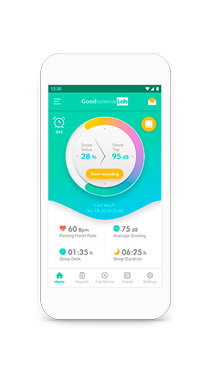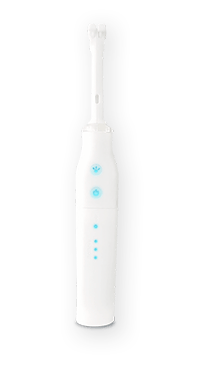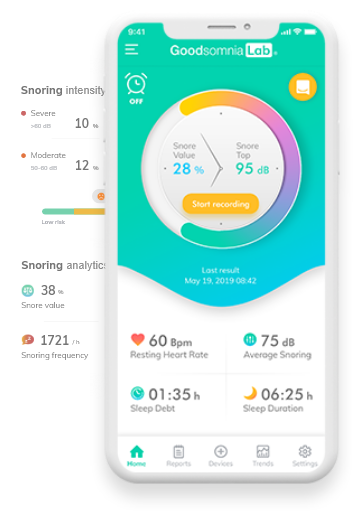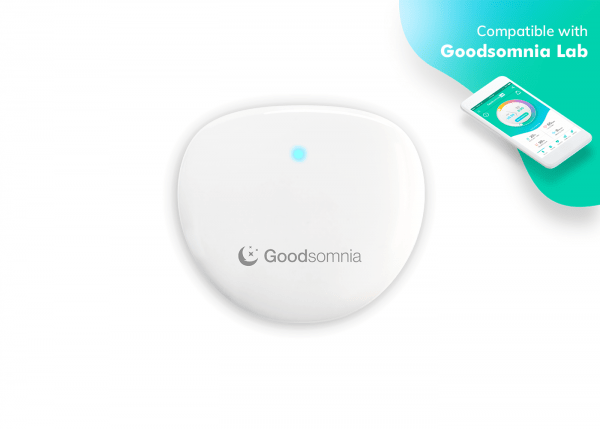How much do we know about snoring? On the surface, it’s just a sound people produce during sleep. But the risks of snoring go far beyond ruining your partner’s sleep. It is harmful to the person who snores.
Causes and risks of snoring can vary from person to person. Generally, it is a breathing blockage that occurs in the airways that makes us snore. Nasal congestion, allergies, excessive fat around the neck, out-of-tone throat or tongue muscles, malfunctioning brain parts – all of these can be a reason for snoring.
When it comes to snoring health risks, it’s even more interesting. So let’s look where snoring can lead.
Snoring risks: what to expect
A significant number of snoring risks develop as an extension of sleep apnea. It’s a disorder implying multiple breathing pauses (apneas) during the night. Snoring is the logical reaction of the body to such obstacles, and is one of the main symptoms of the disorder.
Essentially, the main snore health risk is hidden in a lack of oxygen which impairs quality sleep and affects lots of crucial restoration processes during a night’s rest. If our breathing is even partly blocked for 30 seconds, blood oxygen levels drop to 80% or less.
The most common underlying snoring health risks can include:
- Daytime sleepiness: When you snore your body wastes more energy getting enough air. So when awake you experience lasting drowsiness afterwards. It’s a fuelling ground for irritation, stress, etc.
- Headaches: More prevalent in habitual snorers, and usually experienced in the mornings, these can often lead to irritation and feeling under the weather.
- Overweight: This one works both as a cause and a snoring risk factor. For those with excess weight, it’s harder to breathe because of fat accumulation around the neck. However, it’s easy for them to gain weight even more as sleep problems disbalance hormones, such as hunger control.
- Mental health issues: Snoring as a cause of sleep deprivation can lead to moderate depression and anxiety. And again it’s all about hormones which are not produced.
Heavy snoring health risks and how to avoid them
Extremely loud snoring is perceived to mean a higher risk as it signals the worsening severity of the blockage. However, even long-term moderate snoring can lead to greater snoring health risks (like Type 2 diabetes, heart attacks, and strokes).
Diabetes can develop due to weight gain and regular drops in oxygen levels in the blood. Same works for hypertension and snoring heart attack risks, while the reason for strokes is oxygen deficit to the brain. That’s why it’s necessary to treat snoring seriously and take care of your sleep.
You’re welcome to use our free app Goodsomnia Lab which records your snore and sleep behavior. It’s helpful in the primary examination of your snore and preventing associated health risks. Besides, very soon you’ll be able to enjoy the innovative solution for home-treatment called stop-snoring device. Stay healthy and sleep well!














